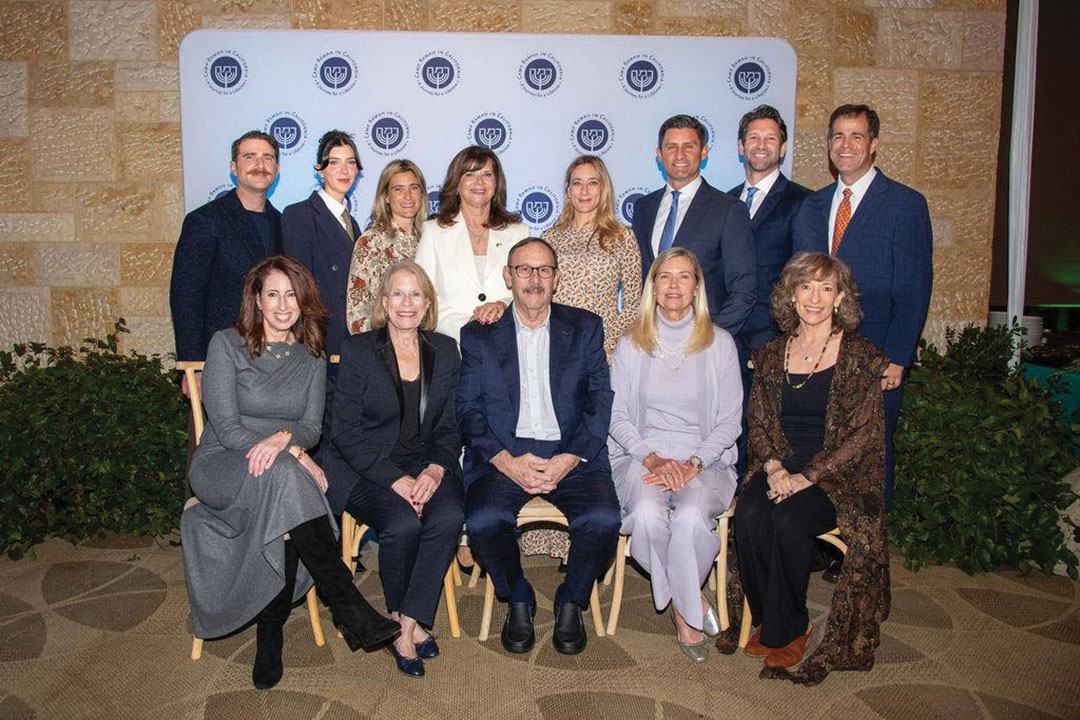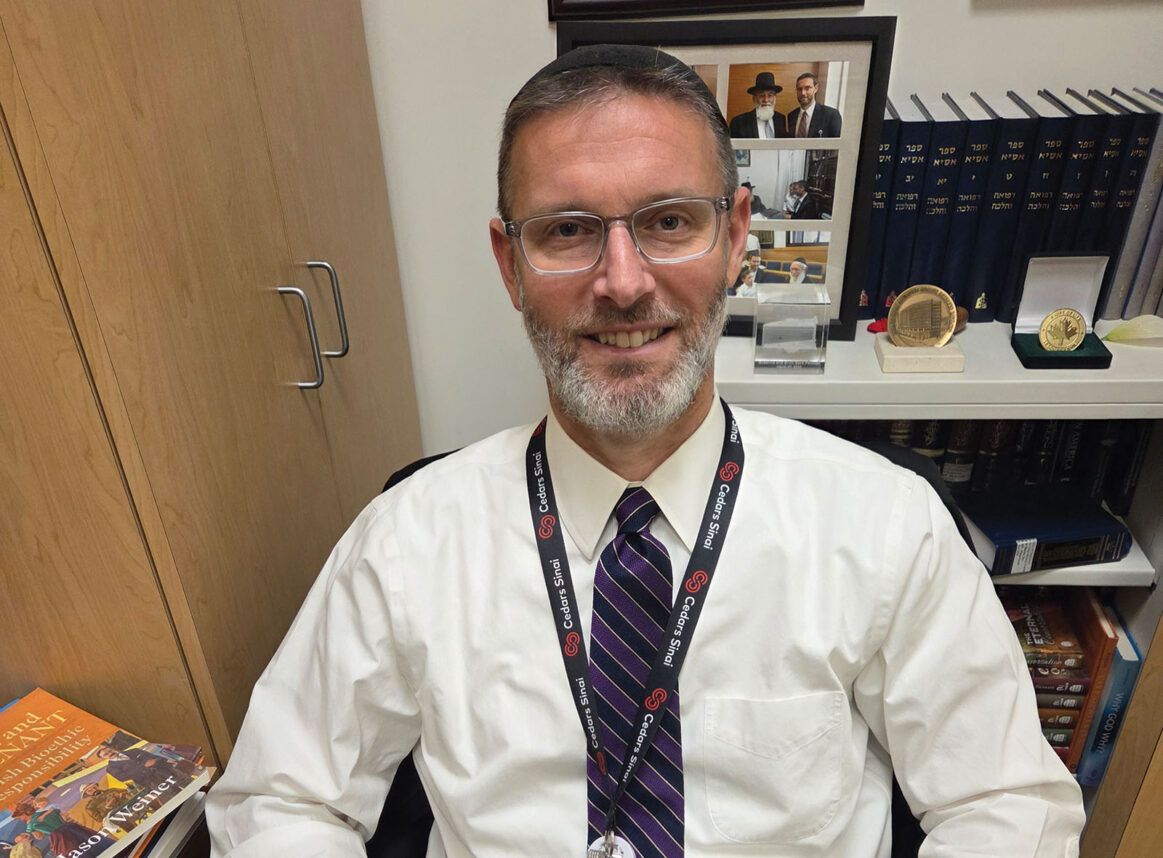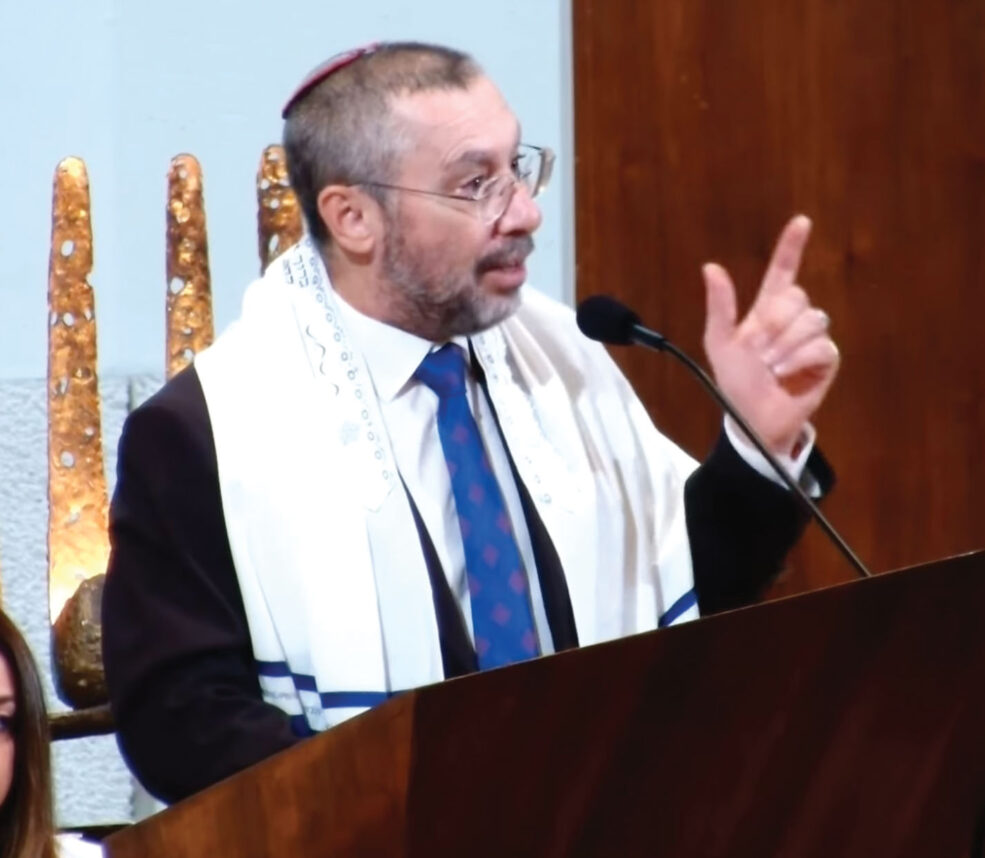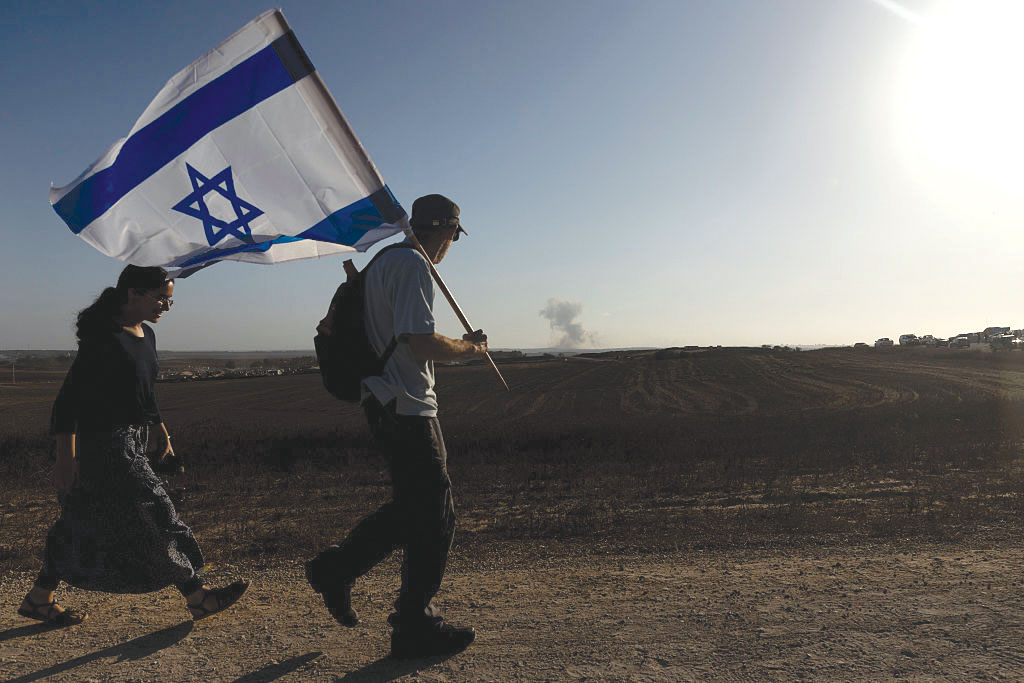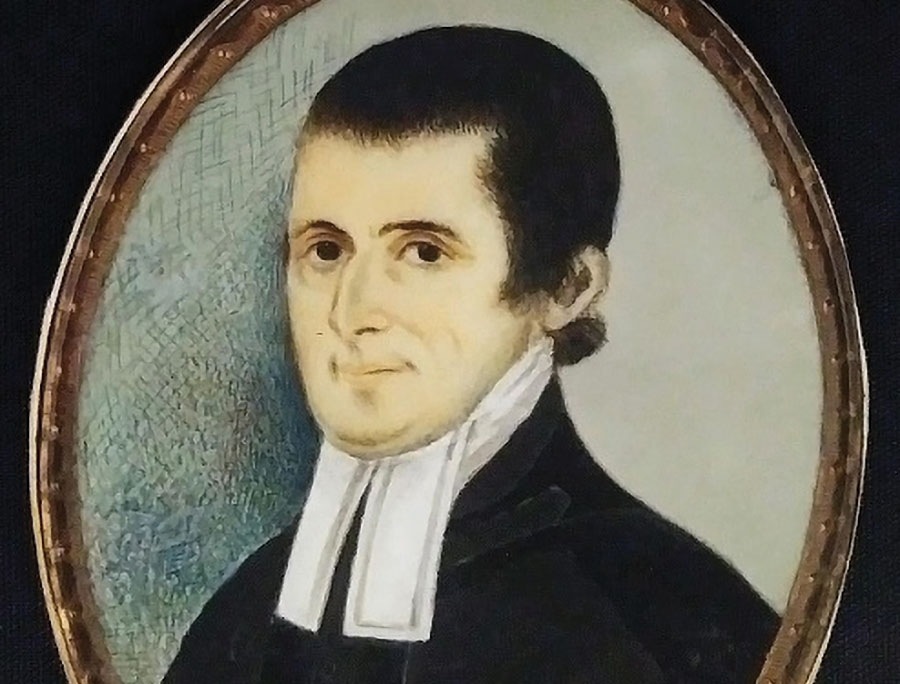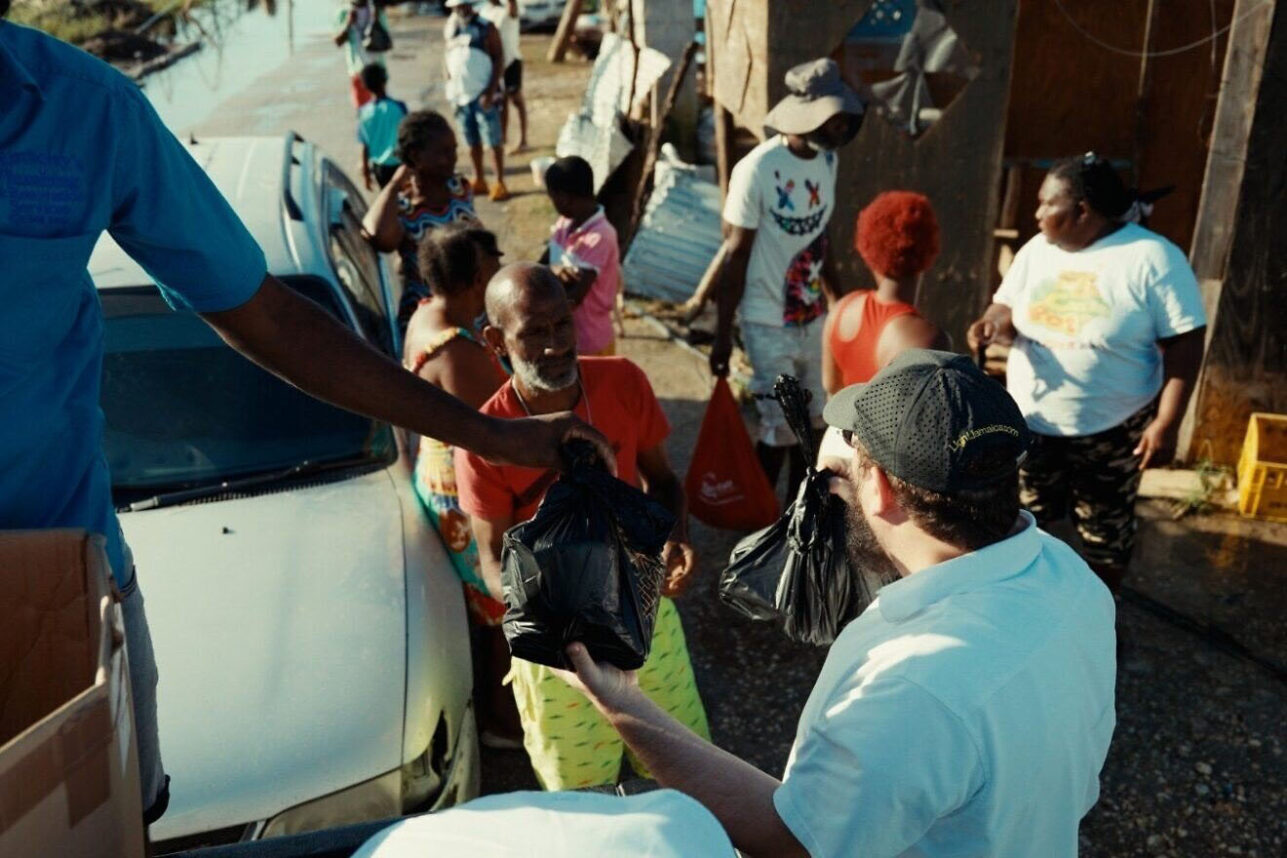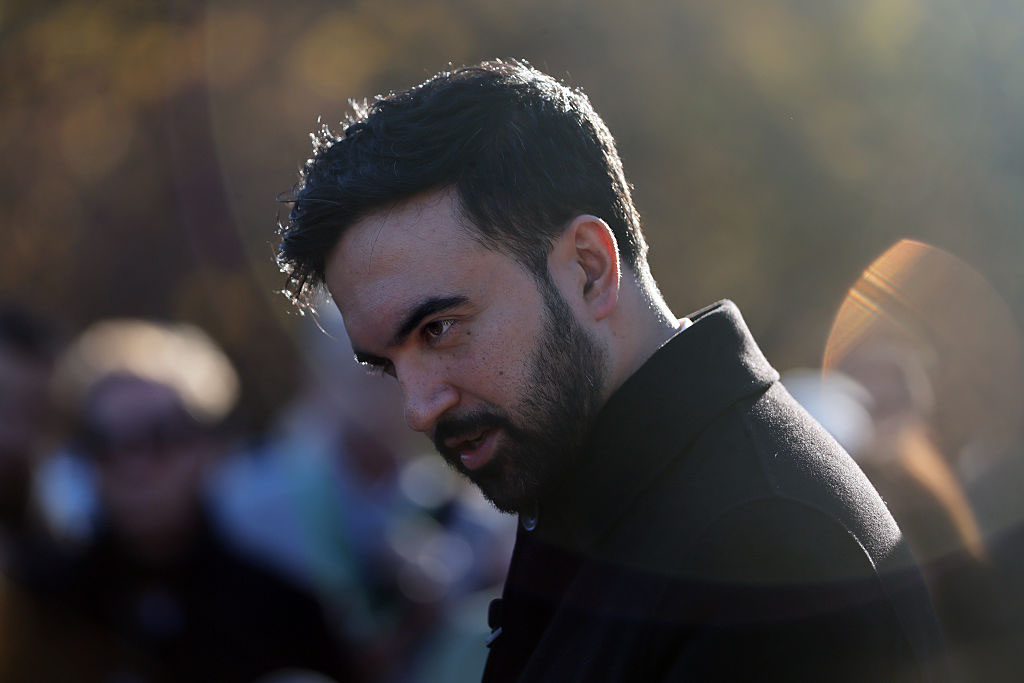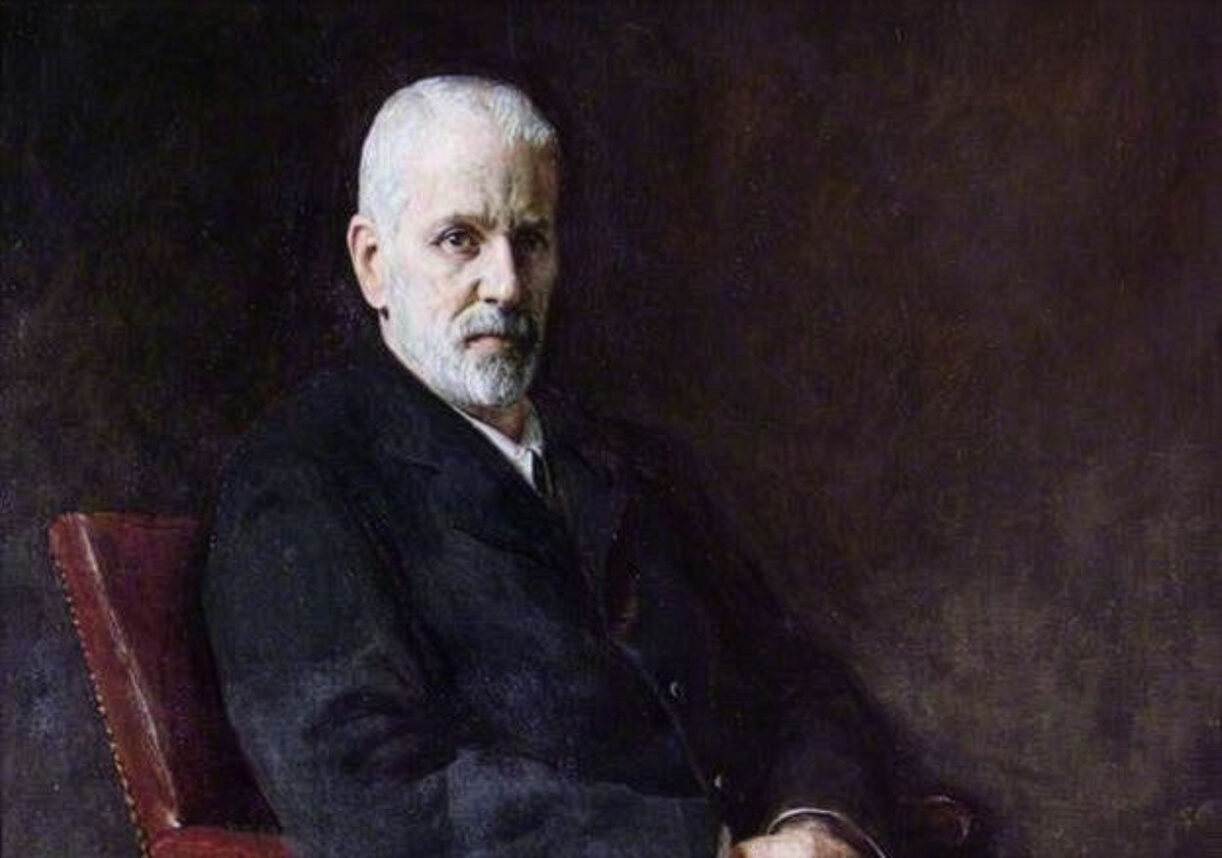When Ariel Brotman studied abroad in Israel two years ago, her most memorable lessons didn’t take place in the classroom.
Brotman, who graduated from the University of California, Santa Barbara, this spring, attended Hebrew University of Jerusalem from September 2012 to January 2013. During that time, she befriended locals, improved her knowledge of Hebrew and developed a fascination with Israeli politics, ultimately adding Middle Eastern Studies as a second major.
But Brotman’s time in the country also coincided with Operation Pillar of Defense and warnings of rocket attacks from the Gaza Strip. During the first siren warning, she said, Israelis told her there was no time to run to a shelter, and she ended up hiding in a stairwell. The second time, she was in a library, having just left a class called “Trauma and Resilience.”
“It was ironic that just as I’d gotten out of that class, the siren goes off,” she said.
The experience was traumatizing, she said, but ultimately helped solidify her commitment to Israel. An aspiring lawyer, Brotman hopes to pursue a law career that in some way relates to Israel.
“Being abroad just made me want to send a pro-Israel message,” she said.
Brotman is one of several students at California universities to travel to Israel in recent years. Following a U.S. Department of State warning in 2002, the year of the Second Intifada, the University of California (UC) and California State University (CSU) systems put their Israel study abroad programs on hiatus. UC reinstated its program in 2009, and CSU followed suit in 2012.
CSU’s program places students for an entire school year at the University of Haifa International School, which offers courses in subjects from history to economics. Students are required to take an intensive language course in Hebrew or Arabic and continue foreign language studies throughout the year.
Mike Uhlenkamp, CSU’s director of public affairs, said four students will study in Israel this fall, starting Aug. 31. There haven’t been any enrollment changes in response to the recent Gaza war, he said, adding that the Israel programs have historically been very small compared to programs in other countries.
Uhlenkamp said student safety is always a priority for the administration. CSU officials work closely with local law enforcement in Israel to make sure students are never in danger.
He described studying abroad as an opportunity for students to participate in all aspects of Israeli life and immerse themselves in the local culture.
“It’s not something you can really replicate,” Uhlenkamp said.
The UC system’s study abroad program in Israel has been in place since 1962, said Briana Sapp, deputy to the associate vice provost and executive director of the UC Education Abroad Program.
The partnership with Hebrew University began in 1968, and under the leadership of the UC system’s former president, Mark Yudof, the program was expanded to include a partnership with Ben-Gurion University last year. The Ben-Gurion option was added, in part, to try to encourage more students to join the Israel program, but Sapp said the change didn’t really make a difference. The UC system is also currently exploring the possibility of sending engineering students to Technion, the Haifa-based Israel Institute of Technology.
About 10 to 20 students sign up for the Israel program each year, Sapp said. She attributes the relatively small numbers of participants to the fact that students generally want to study in places like Europe. She said this year’s Israel program enrollment has not changed in response to the Gaza war.
“I think people go for lots of different reasons — personal, cultural, historical,” she said.
The UC system provides comprehensive insurance through ACE USA that covers travel, health and other expenses, Sapp said, and communicates any warnings from the State Department or insurance company to students.
For Brotman, studying abroad in Israel was a defining period in her life, and she says she would “100 percent” repeat the experience.
“Studying abroad really changed me so much, affected me so much,” she said. “You really feel a part of it.”
What she remembers most about Israel is the hospitality its citizens showed to her. She describes Israel as a place where you can walk up to a stranger at the bus stop and ask for directions, and that person will take the time to help you reach your destination.
“People you barely meet want you to stay at their house and have Shabbat with their family,” she said.










